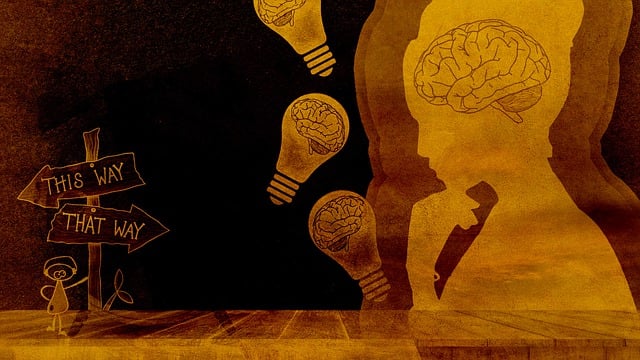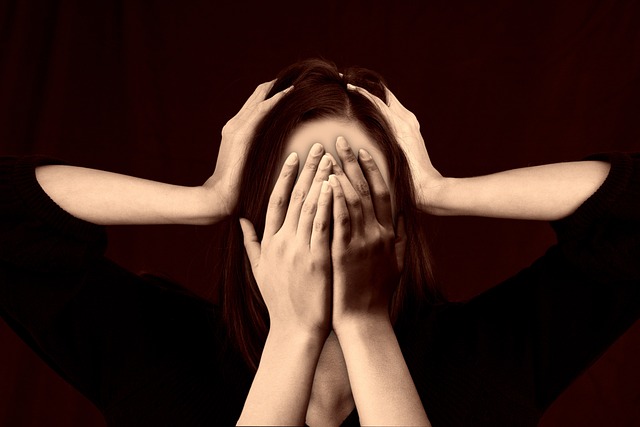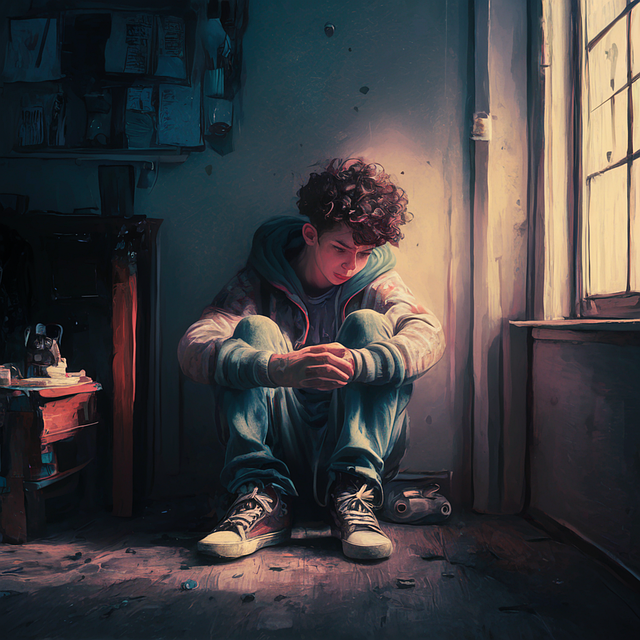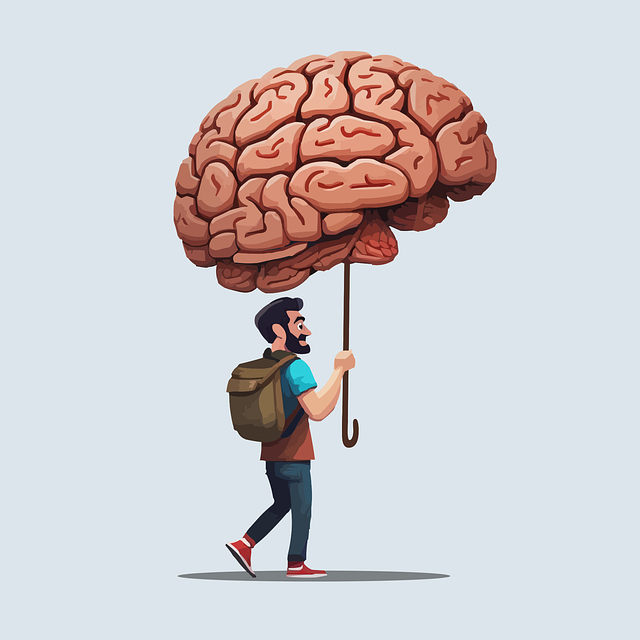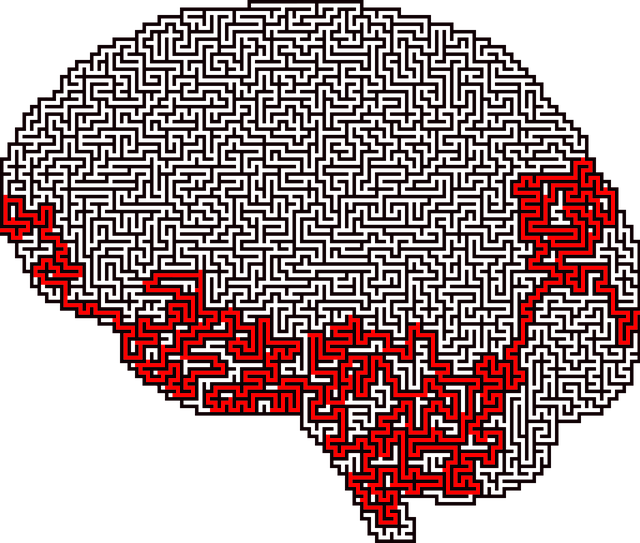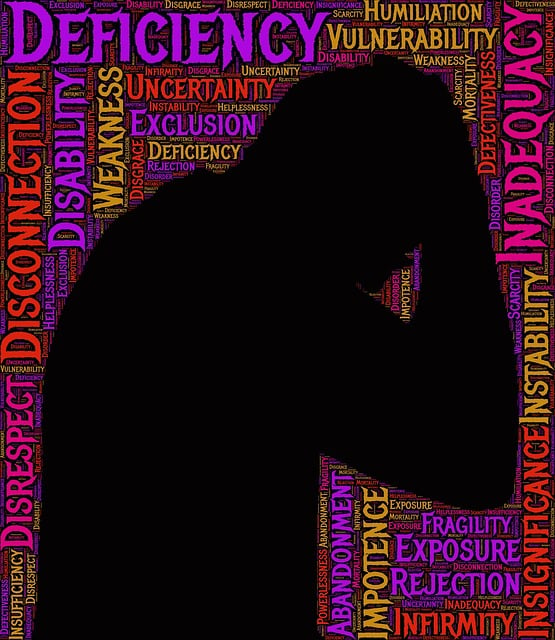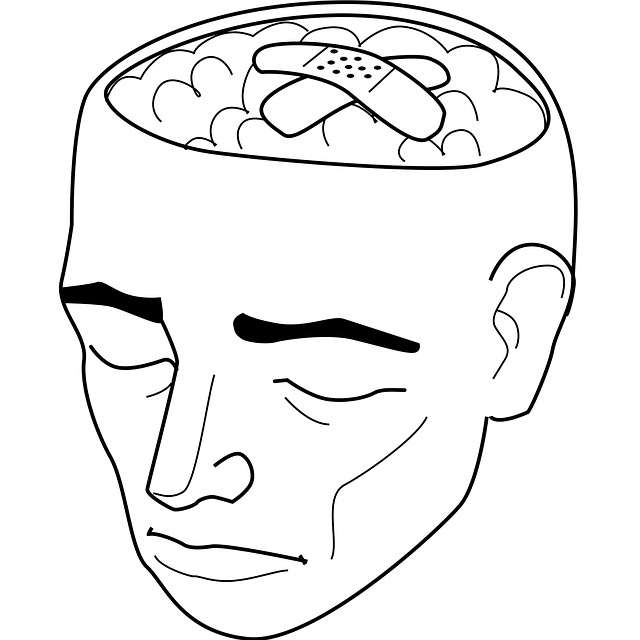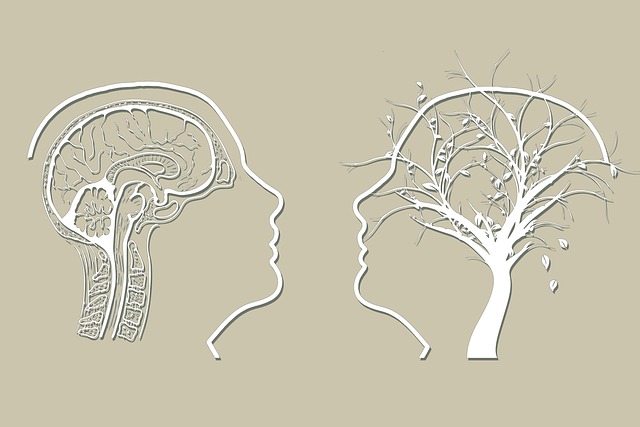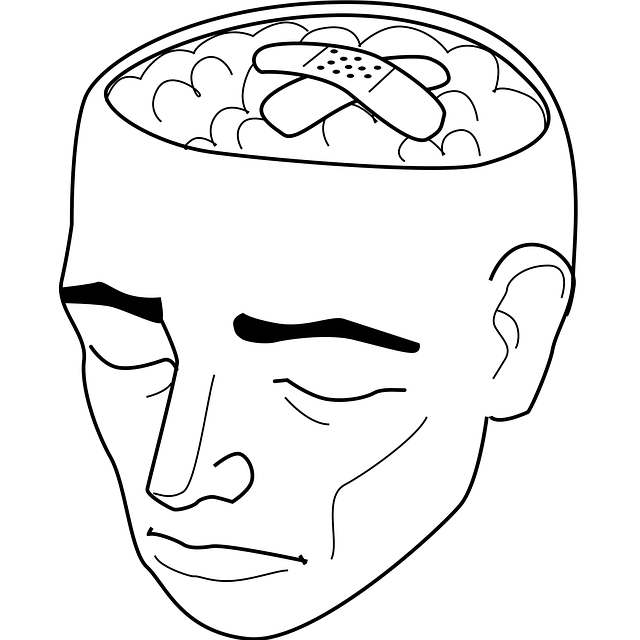Mental illness representation in media is a contentious issue, with inaccurate or insensitive portrayals impacting public understanding and potentially leading to stigmatization of individuals with developmental disabilities. Organizations like Lone Tree Developmental Disability Therapy advocate for responsible media engagement and accurate storytelling to foster empathy, challenge stereotypes, and promote inclusive societies. By implementing strategies that build empathy, showcase nuanced narratives, and encourage self-representation, media can play a pivotal role in raising awareness and advocating for better access to mental health support services like Lone Tree Therapy.
In today’s media landscape, accurate representation of mental illness is crucial for challenging stereotypes and fostering empathy. This article explores the current state of mental health portrayal in media, delving into the harmful effects of stereotypes and misinformation. We present strategies for more compassionate storytelling, highlighting the importance of inclusive narratives. As a case study, Lone Tree Developmental Disability Therapy offers a model for positive change, demonstrating how media can shift public perception by depicting diverse experiences with sensitivity and authenticity.
- Understanding Mental Illness Representation in Media: The Current Scenario
- The Impact of Stereotypes and Misinformation on Public Perception
- Strategies for Accurate and Compassionate Portrayal: A Case for Inclusive Storytelling
- Lone Tree Developmental Disability Therapy: A Model for Positive Change in Media Portrayals
Understanding Mental Illness Representation in Media: The Current Scenario

Mental illness representation in media has long been a topic of scrutiny and debate. The current scenario reveals a mixed picture; while some media outlets are making strides toward accurate and nuanced portrayals, others perpetuate stereotypes and misconceptions. This inconsistency can significantly impact public understanding and perception of mental health issues, often leading to stigmatization and marginalization of individuals living with various conditions, including developmental disabilities. At Lone Tree Developmental Disability Therapy, we recognize the power of media in shaping societal attitudes. Therefore, we advocate for more responsible representation that reflects the diverse experiences and challenges faced by those navigating mental illness.
The lack of accurate representation not only fails to educate the public but also contributes to the harmful stigmatization of mental health struggles. This is particularly concerning when considering the growing awareness of issues like burnout prevention and the importance of self-awareness exercises and self-care practices for managing mental well-being. Media has a responsibility to portray these topics sensitively and realistically, encouraging open conversations and fostering empathy instead of perpetuating negative stereotypes.
The Impact of Stereotypes and Misinformation on Public Perception

The media plays a significant role in shaping public perception about mental health and illness, often influencing how individuals with developmental disabilities are viewed by society. Stereotypes and misinformation prevalent in mass media can lead to harmful misconceptions, fostering stigmatization and creating barriers for those seeking support. Depictions of individuals with mental illnesses or developmental disabilities as violent, unpredictable, or even simply “weird” contribute to a culture where they face discrimination and marginalization.
These negative representations can have far-reaching effects on public understanding, impacting the way communities interact with and support individuals with mental health challenges. It is essential to challenge such stereotypes through responsible media engagement and accurate storytelling. Organizations like Lone Tree Developmental Disability Therapy promote community outreach programs and initiatives focusing on education, social skills training, and depression prevention as powerful tools to combat misinformation. By implementing these strategies, we can foster a more inclusive society that understands and embraces diversity in mental health experiences.
Strategies for Accurate and Compassionate Portrayal: A Case for Inclusive Storytelling

Media has a powerful influence on shaping societal perceptions, and accurate representation of mental illness is essential for fostering empathy and understanding. When depicting individuals with mental health challenges, especially those with developmental disabilities, it’s crucial to adopt inclusive storytelling practices. This involves employing Empathy Building Strategies that reflect the complexity and diversity of human experiences. By showcasing characters with depth and nuanced narratives, media can challenge stereotypes and promote a more compassionate view.
For instance, Cultural Sensitivity in Mental Healthcare Practice should be integrated into scripts, ensuring representation that is authentic and respectful. This includes recognizing and addressing the unique cultural barriers and strengths that individuals bring to their mental health journeys. Encouraging self-representation through diverse storytelling can also be transformative, allowing for more accurate portrayals. Through these methods, media has the potential to contribute significantly to raising awareness, promoting understanding, and advocating for better access to Lone Tree Developmental Disability Therapy and related support services.
Lone Tree Developmental Disability Therapy: A Model for Positive Change in Media Portrayals

Lone Tree Developmental Disability Therapy stands as a beacon of positive change in the media’s representation of mental illness. This therapeutic approach focuses on empowering individuals with developmental disabilities, offering them tools to navigate and improve their mental wellness. By promoting self-awareness and providing structured guidance, such therapy fosters resilience and boosts confidence. It encourages clients to engage in regular journaling exercises, a mental wellness practice known for its effectiveness in processing emotions and enhancing coping mechanisms.
Through this model, media platforms can learn to portray characters with developmental disabilities more accurately and compassionately. By showcasing the potential for growth and success, rather than perpetuating stereotypes, Lone Tree Therapy contributes to a broader understanding of mental health and resilience. This shift in representation is crucial, as it not only challenges societal perceptions but also provides an opportunity for viewers to connect and relate to these characters on a deeper level, ultimately promoting empathy and support for those living with mental illness or developmental disabilities.
Mental illness representation in media has reached a critical juncture, where stereotypes and misinformation can significantly impact public perception. However, as demonstrated by successful initiatives like Lone Tree Developmental Disability Therapy, embracing inclusive storytelling offers a powerful solution. By challenging conventional narratives and promoting accurate, compassionate portrayals, media can foster understanding, reduce stigma, and ultimately contribute to more supportive societal attitudes towards mental health. This approach is pivotal in creating a more inclusive and empathetic world.
